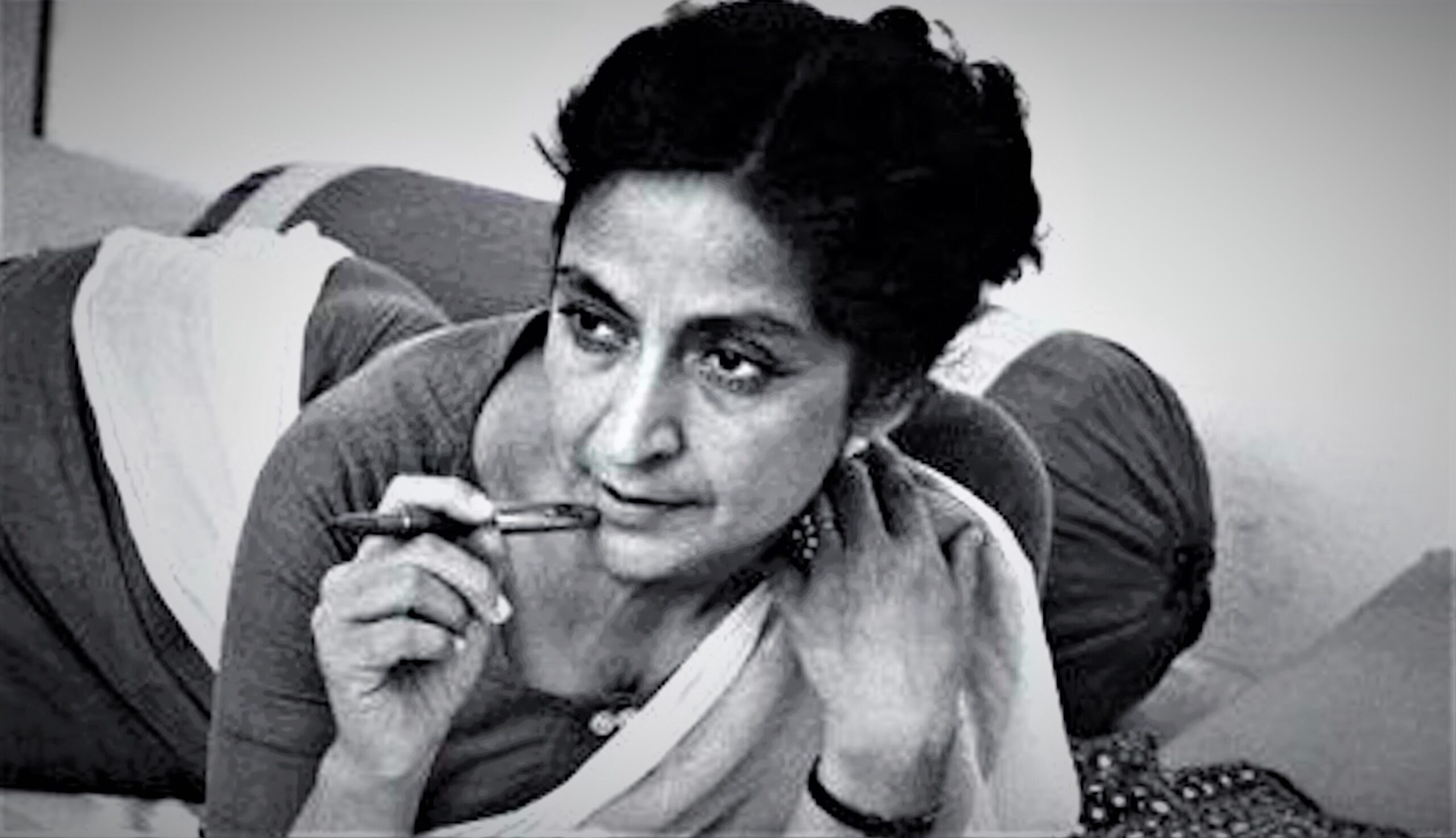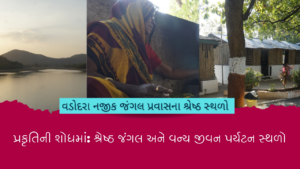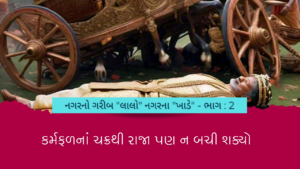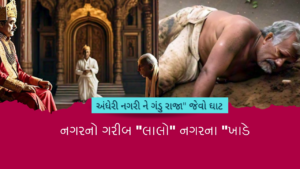आज मैंने अपने घर का नम्बर मिटाया है
और गली के माथे पर लगा, गली का नाम हटाया है
और हर सड़क की दिशा का नाम पोंछ दिया है
पर अगर आपको मुझे ज़रूर पाना है
तो हर देश के, हर शहर की, हर गली का द्वार खटखटाओ
यह एक शाप है, यह एक वर है
और जहाँ भी आज़ाद रूह की झलक पड़े— समझना वह मेरा घर है।
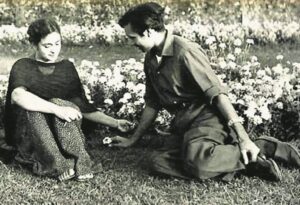 Her thoughts are as immortal as the meaning of her name. She was an epitome of liberty and social justice. She is Amrita Pritam. Born in 1919 in Gujranwala to a traditional Sikh family of undivided Punjab, she was raised in Lahore. She had been getting her strength and inspiration from there, along with all the awe-inspiring magnificence represented in the writings of great Sufi poets and saints.
Her thoughts are as immortal as the meaning of her name. She was an epitome of liberty and social justice. She is Amrita Pritam. Born in 1919 in Gujranwala to a traditional Sikh family of undivided Punjab, she was raised in Lahore. She had been getting her strength and inspiration from there, along with all the awe-inspiring magnificence represented in the writings of great Sufi poets and saints.
Khushwant Singh once told Amrita Pritam that her life’s events were so limited and brief that they could easily fit at the back of a revenue stamp. She referred to her autobiography as Raseedi Ticket (The Revenue Stamp) since she recalled the joke.
Her Rebellious Heart
Amrita was a rebel and a rule-breaker since birth. She posed challenging queries and questioned the norms that were widely held. This is later continuously mirrored in her writing and her life.
She relates in her autobiography how as a young child she once saw Hindu water and Muslim water being sold at the railway platform. “Is water also Hindu-Mussalman?” she asked her mother. The young Amrita was unsatisfied with her mother’s response, “It is this way here,” in particular. Later she argued with her traditional grandmother over the use of different utensils for her Muslim guests.
Feminist Soul
“When a man denies the power of women, he is denying his own subconscious.”
She provoked the fury of numerous established social institutions with her attitude towards outdated social conventions and customs, yet she never wavered from the course she had chosen. She became the voice of all Indian women and planted the seeds of revolt against what she believed to be unjust and erroneous values in the minds of her readers.
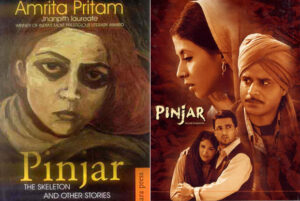 Pinjar (The Skeleton), Amrita Pritam’s debut novel, showcased her best work. It tells the tale of a Muslim boy Rashid kidnapping Hindu girl Pooro. Her parents are unwilling to take back a “defiled” woman. Pooro settles down as a wife and gives birth to Rashid’s son since she is powerless to escape the situation she was thrust into. In 1947, the couple rescue Hindu and Sikh women from their Muslim captors and send them to the safety of evacuee camps intended to take them to their family members out of a sense of nostalgia for the life that Pooro had missed.
Pinjar (The Skeleton), Amrita Pritam’s debut novel, showcased her best work. It tells the tale of a Muslim boy Rashid kidnapping Hindu girl Pooro. Her parents are unwilling to take back a “defiled” woman. Pooro settles down as a wife and gives birth to Rashid’s son since she is powerless to escape the situation she was thrust into. In 1947, the couple rescue Hindu and Sikh women from their Muslim captors and send them to the safety of evacuee camps intended to take them to their family members out of a sense of nostalgia for the life that Pooro had missed.
Multiple Shades
Amrita was a multifaceted individual. She could hold readers and audiences of all shades because of her excellent conversational skills. It’s debatable whether she learned this skill during her employment with All India Radio or whether they chose her because of this talent.
With the mazars of Mian Meer Waris Shah and Bulleh Shah, which were as dear to her as the Taj and Roza of Ajmer Sharif, Amrita felt more at home. In her situation, this did not extend to other religious institutions.
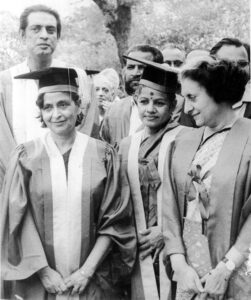 She carved out a place for herself among the immortals of Punjabi literature with all the accolades and success she received during her lifetime, including the membership in the Rajya Sabha bestowed upon her by Indira Gandhi. She shared the same year of birth as Indira Gandhi, probably under the same set of stars, and whether consciously or unconsciously, she anticipated her death on the same day.
She carved out a place for herself among the immortals of Punjabi literature with all the accolades and success she received during her lifetime, including the membership in the Rajya Sabha bestowed upon her by Indira Gandhi. She shared the same year of birth as Indira Gandhi, probably under the same set of stars, and whether consciously or unconsciously, she anticipated her death on the same day.

